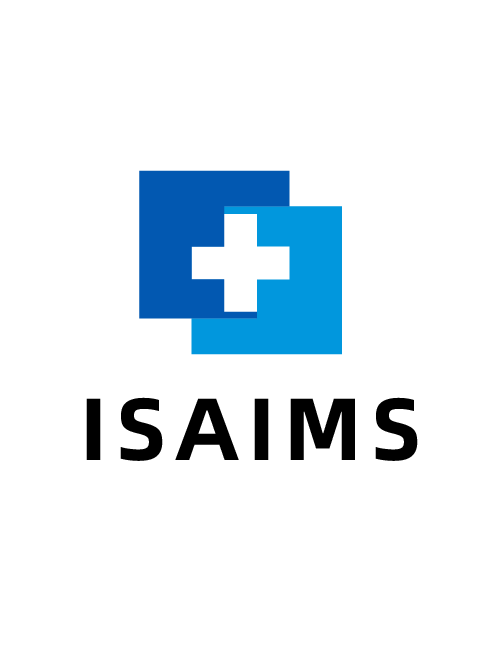

Prof. Zhiwei Luo
Prof. Zhiwei Luo
Kobe University, Japan
Speech Title: Innovation of AI based Health Services for Aging Society
Biography
ZhiWei Luo, a professor at Kobe University in Japan, graduated in 1984 with a major in industrial automation from the Department of Automatic Control and Computer, Huazhong University of Science and Technology. In 1991 and 1992, he obtained the master degree and doctor degree at Nagoya University in Japan, respectively. Currently, he was working in the Department of Systems Informatics, Kobe University, Japan, and also is an part-time professor at Zhejiang University. During his tenure at the Institute of Physical and Chemical Research in Japan from 1994 to 2008, he led the research team to develop a humanoid nursing robot RI-MAN that can safely hold people for the first time in the world. This achievement is of great significance to the declining and aging society in Japan. In 2006, he was selected as a best invention by Time (Best Inventions 2006). Professor Luo is known as the “Father of Nursing Robots” due to the successful development of his nursing robot. Since 2006, he has been a professor at Kobe University, engaged in the research of health robots, and participated in the establishment of the Institute of Systems Informatics of the university. Since April 1992, he has served as a member of the Japan Society of Instrument and Control Engineers, the Japan Society of Robotics, the Society for System Control Information, Japanese Neural Network Society, and IEEE. In addition, Professor Luo is currently the director of the Japan Society of Human Informatics and proceedings’ editor of the Robotics Society of Japan. So far, he has published more than 100 journal articles and nearly 300 international conference articles in various international magazines related to robotics and the Robotics Society of Japan. He has been awarded by the Japan Society of Instrument and Control Measurement for many times, and also has won the Best Paper Presentation Award of the IFAC International Conference and the Japanese Society of Simulation.
